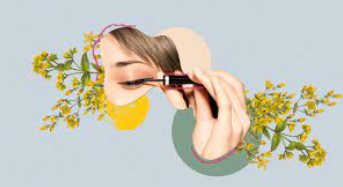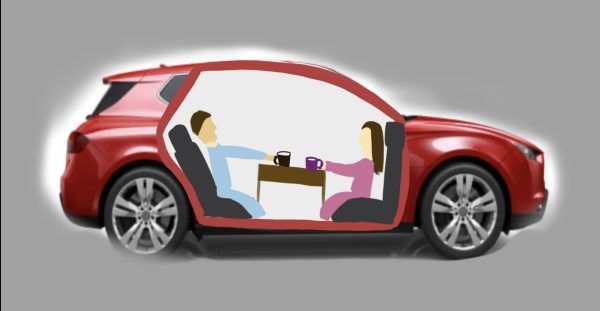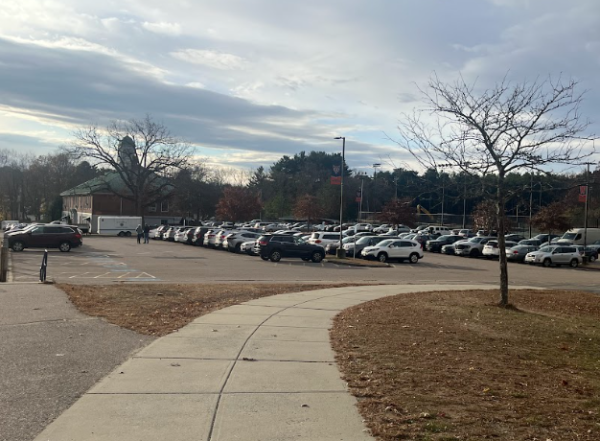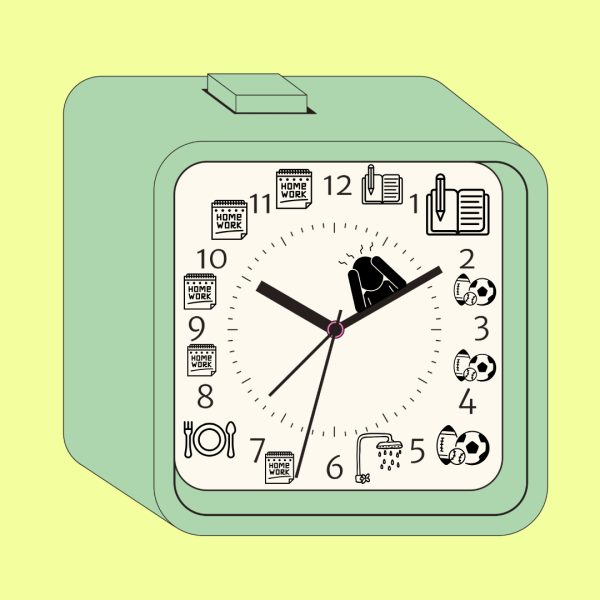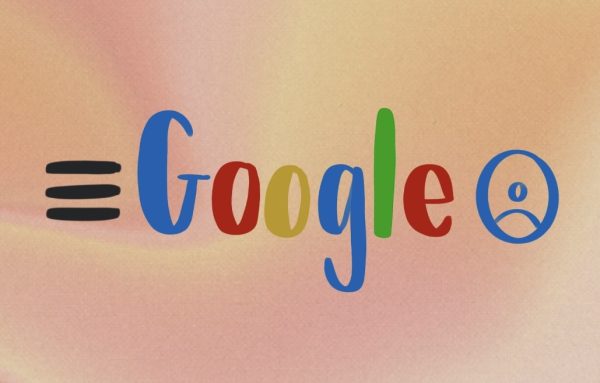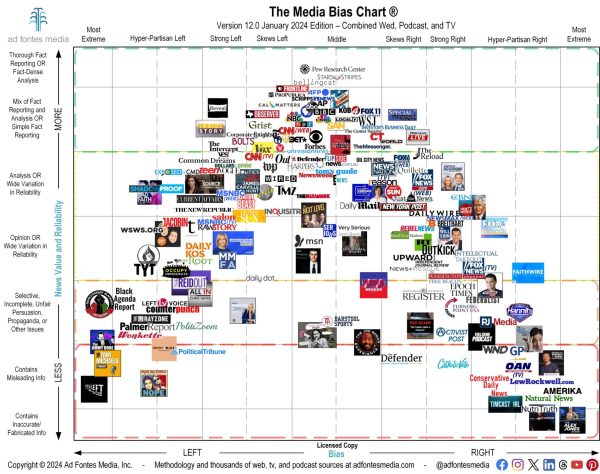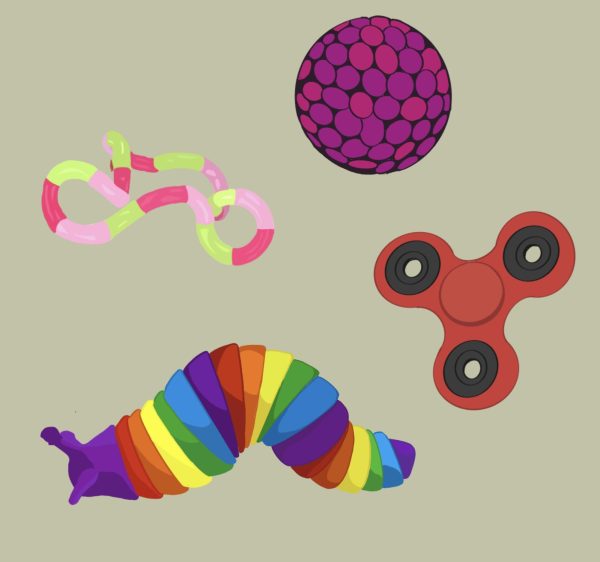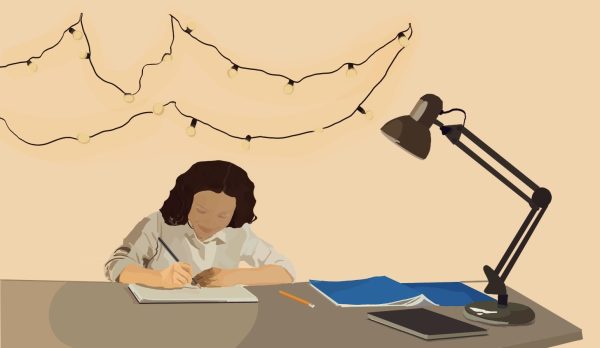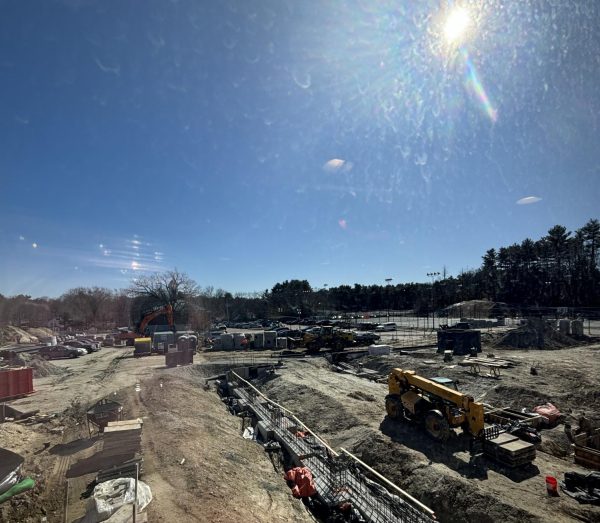Makeup Combines Self-expression with Misconception
Today’s makeup use poses questions about its harm to self-esteem
There are a broad range of ways to alter appearances, not only for yourself but for the people around one; to conform to the ever-changing and still unobtainable stereotypes of today; to define a vulnerable teen’s perception of body, mind and value; and to redirect a teen’s focus to insecurities and self-hatred, rather than confidence and positivity. This range is due to one and only one thing: makeup.
Whether in commercials or on social media, makeup is often perceived as positive. With a variety of colors and designs, makeup can be whatever a person wants or needs it to be. Because of that, makeup is seen as an innovative way of self-expression. Many people often use makeup for self-expression but routinely fail to recognize the negative aspects that come with constantly altering your appearance. In changing your appearance and emphasizing your self-expression, your natural beauty is covered up, which takes away from feelings of confidence and self-love when someone has no makeup on.
Natural beauty has been lost within the trends of the beauty culture, a movement of incessantly conforming oneself to fit the beauty standards set by society. Many makeup wearers often feel as though they cannot leave their houses with a bare face. While some wear makeup as a means of personal expression, most wear it as a means to alter their appearances. With this, there are clear personal issues that come with regular makeup use. Feeling ugly and unattractive is often a result of only loving yourself while masked by a facade. When that facade goes away, there can be a lack of love for their own natural appearance.
Women in general have a significant factor motivating them to change their appearances: the male gaze. Though many women are already insecure about their beauty, the male gaze can motivate women to make themselves prettier for men.
“Women tend to feel more appealing to men with the use of makeup,” said Nura Abdalla in “The Effects of Makeup on Self-Esteem and Personal Perception.”
Makeup is a practice that users implement into their own understanding of their personal and natural beauty, distorting that understanding, and creating a misconception of what females are supposed to look like. Women do not only play into standards set by men but also the standards set by society. Wearing makeup should be a form of self-expression, but with expectations of what girls should look like, women change themselves in order to conform to these standards.
Makeup often does everything but allow people to embrace their true and authentic self. When makeup is not used, women often describe themselves as ugly, a term that women use to emphasize that they do not feel they are living up to the beauty standards.
In a survey by Women’s Health and Wellness, 48% of women wore makeup because they liked themselves better with it on and 32% shared that makeup makes them feel good. Furthermore, 44% use makeup to cover their imperfections.
Feeling confident in one’s appearance is a goal for many people. However, only feeling those emotions with the presence of makeup takes away from that goal. When natural appearances are considered, that creates a larger issue than an insecurity. Females should feel confident in their own skin. Makeup can distort women’s understanding of their beauty to the point of feeling ‘ugly’ without using it, which people would not expect from something promoting self-expression.
Makeup increases feelings of insecurity not only for beauty, but also how people view their bodies. In the short term, wearing makeup diminishes problems of feeling ugly, but it only enhances the overall sense of self-hatred in the long term. People equate their beauty to the size of their body. Whether obese, skinny, or somewhere in between, the human body is beautiful. People fail to understand this and continue to desire changes in their appearance and size. Since makeup can help people conform their face to the beauty standards, it can affect how they view other parts of their body. The desire to change your appearance only starts at the face but spreads to the rest of your body.
“I had mastered ways to alter myself, and make-up was just one of the ways,” author Angela Huntley said in an interview with Abdalla.
With the media encouraging makeup, children of younger and younger ages can consume the media’s information everyday. From every makeup wearer you see to accounts about makeup, consumption of the excessive use of makeup has the ability to alter how the viewer sees themself. With this overconsumption, makeup has become a way to change appearances, enhancing chances of depression, anxiety and a variety of eating disorders.
Self-expression is an important part of everyones’ lives, but it should not cause discontent and self-hatred. Makeup has the ability to be a form of self-expression, but with the way people are using it nowadays, it is more harmful than beneficial. Finding confidence in true and authentic appearances is worth more than a surface-level solution to a deep-rooted issue.
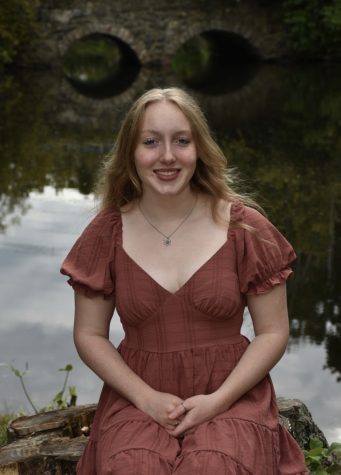
Gianna Pompeo, class of 2023, is a staff writer for The Searchlight. At Walpole High School, she plays in the orchestra, sings in the chorus, and is Vice...


